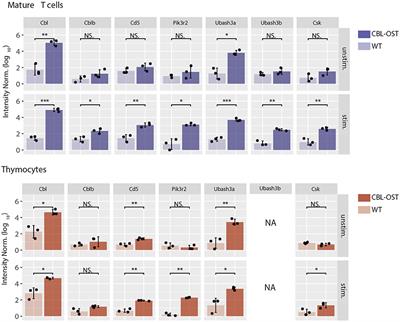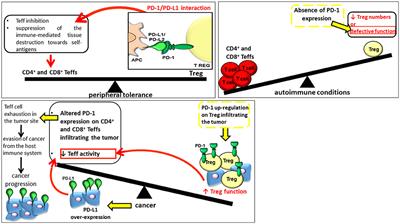EDITORIAL
Published on 22 Jul 2020
Editorial: Inhibitory Receptors and Pathways of Lymphocytes
doi 10.3389/fimmu.2020.01552
- 1,855 views
- 3 citations
47k
Total downloads
216k
Total views and downloads
Select the journal/section where you want your idea to be submitted:
EDITORIAL
Published on 22 Jul 2020
REVIEW
Published on 18 Dec 2018

PERSPECTIVE
Published on 07 Dec 2018

REVIEW
Published on 27 Nov 2018

REVIEW
Published on 27 Nov 2018

REVIEW
Published on 31 Oct 2018

REVIEW
Published on 17 Oct 2018

REVIEW
Published on 08 Oct 2018

MINI REVIEW
Published on 02 Oct 2018

REVIEW
Published on 28 Sep 2018

REVIEW
Published on 25 Sep 2018

REVIEW
Published on 10 Sep 2018

